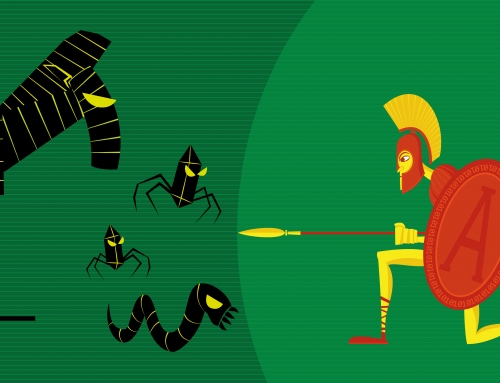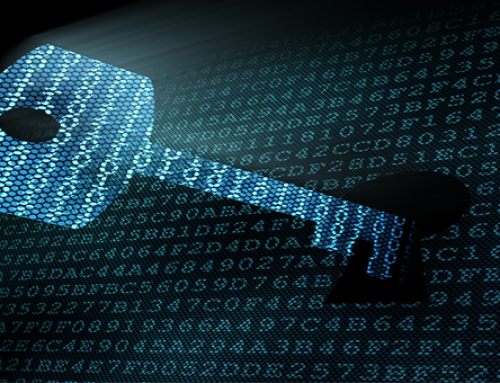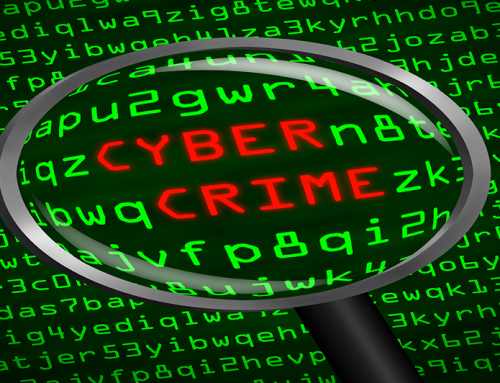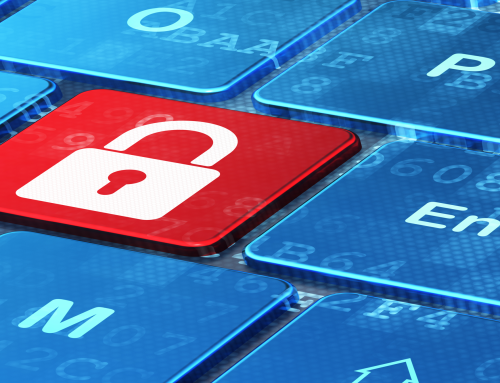No sane person would ever like someone else reading his/her email. Or for that matter some other person using his/her password and breaking into a financial institution. You should, therefore, choose a strong, secure password in such a manner that would be a hard nut to crack for others and easy for you to remember. The more random and mixed-up you make it, the harder it is for others to crack. Mind you, if your password is compromised, the password crackers will even take over your identity.
A password, if too short, is vulnerable to attack if an attacker gets hold of the cryptographic hash of the password.
A strong password would be sufficiently long, random, or which can be produced only by the user who chose it, so that ‘guessing’ for it will require too long a time.
For maximum security, the user should follow some simple guidelines:
- Passwords should preferably be at least 8 characters long and not more than 14.
- Passwords should contain a mix of numbers, letters, and special characters (%&3ac_ht4@m7).
- Passwords should not contain a dictionary word from any dictionary, be it French, Spanish, medical, etc.
- Each password should be different from the user’s User-ID and any permutation of that User-ID.
- New passwords and old passwords should differ by at least 3 characters.
- Avoid picking names or nicknames of people, pets, or places, or personal information that can be easily found out, such as your birthday, address etc.
- It’s wise to stay away from common keyboard sequences, such as dfgh678 or abc345 .
- Never form a password by appending a digit to a word. That can be easily guessed.
- Avoid writing your password down or storing it on your computer.
- Never share your password with anyone else.





